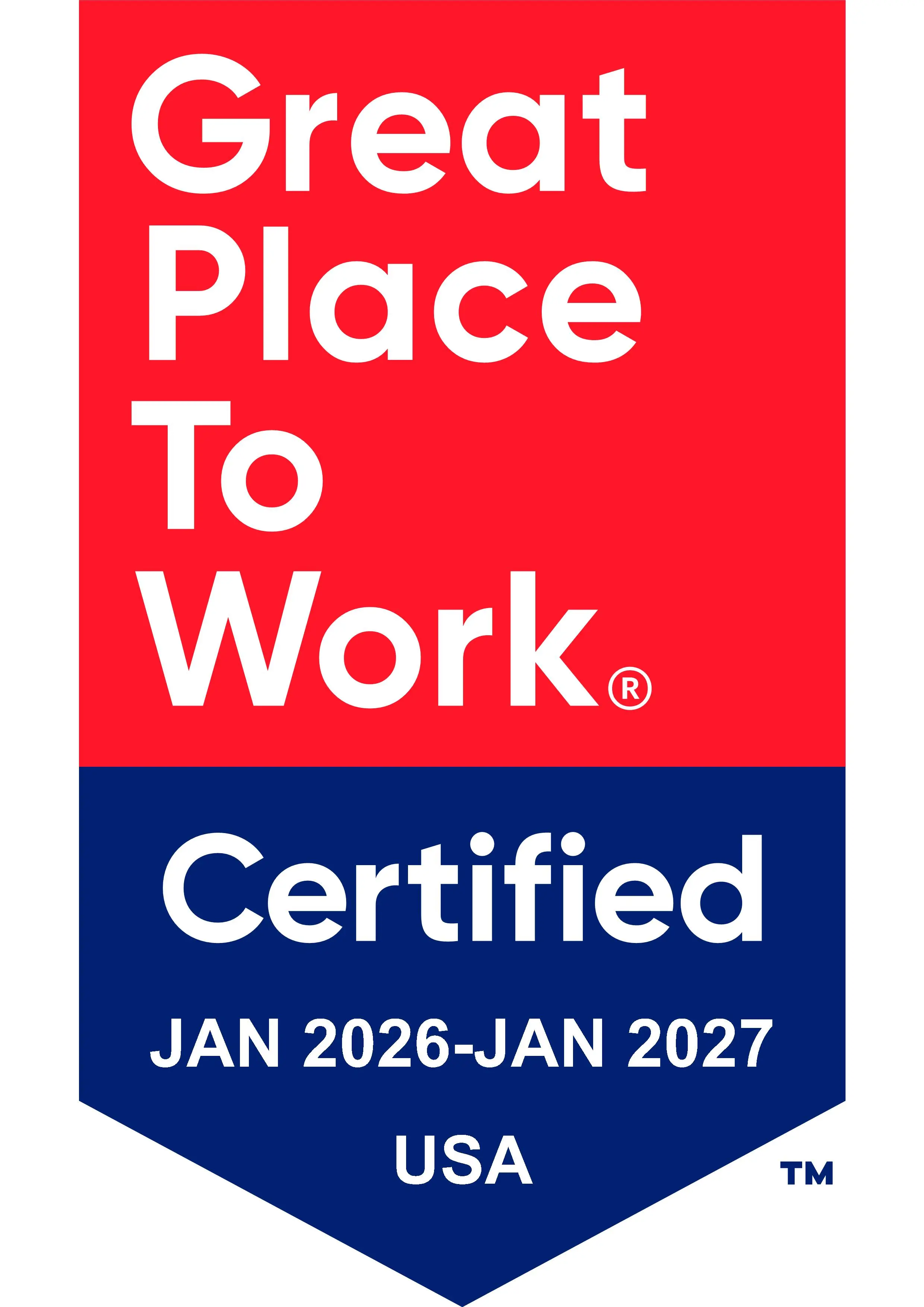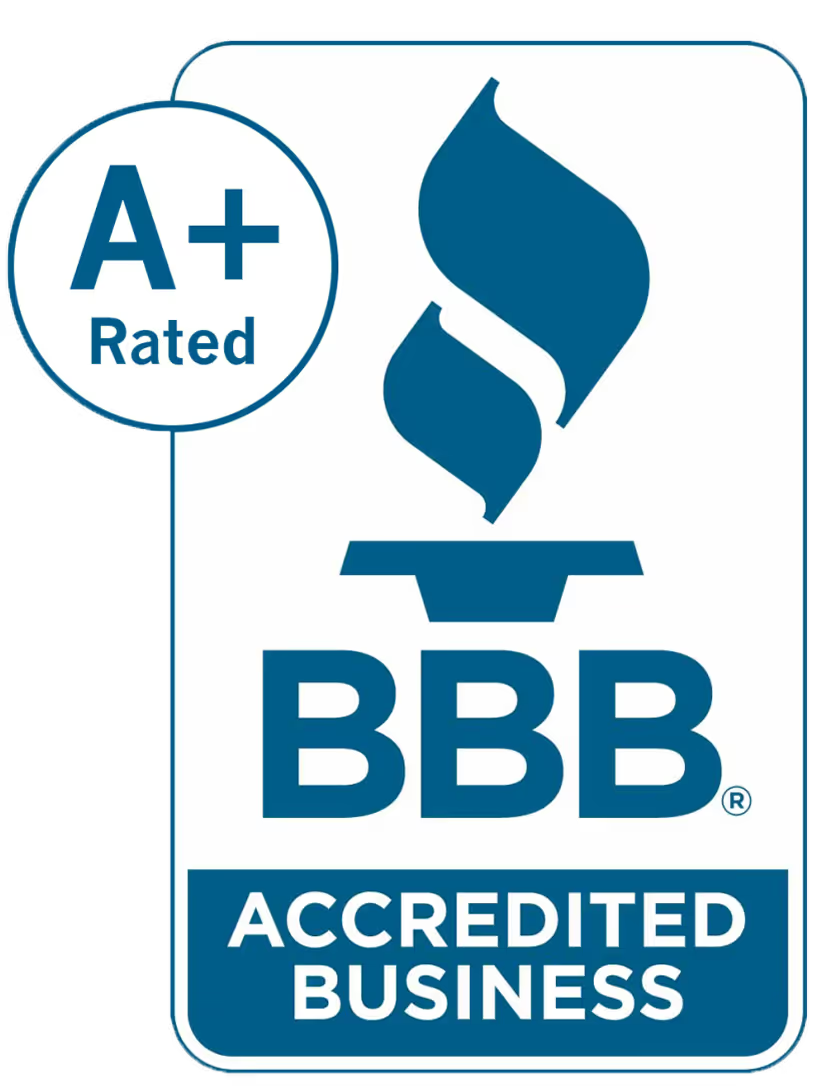Fighting Fair: HOA Conflict, Mediation, and the Art of Dispute Avoidance
Fighting Fair: HOA Conflict, Mediation, and the Art of Dispute Avoidance
Conflict is inevitable — even in the best-run communities. But how you manage it can make the difference between chaos and collaboration. In this episode of The Uncommon Area, host Matthew Holbrook welcomes Sandra L. Gottlieb, founding partner at Swedelson Gottlieb, to unpack the art of resolving HOA conflicts the right way.
1. Understanding ADR, IDR, and Mediation
When tension arises between a homeowner and an association, California law requires boards to follow alternative dispute resolution (ADR) processes. This includes internal dispute resolution (IDR) — a face-to-face conversation to seek resolution — and mediation, where a neutral facilitator helps both sides reach an agreement. Sandra stresses that mediation is “not about who’s right or wrong—it’s about finding common ground.”
2. Arbitration: Litigation Light
While arbitration can seem like a faster, cheaper alternative to court, Sandra warns against it for most associations. Once an arbitrator decides, there’s no right to appeal, even if the decision is wrong. “I’ve seen associations end up with maintenance responsibilities they never had,” she explains. Boards should weigh the pros and cons before agreeing to binding arbitration.
3. The Power of Listening
Sandra emphasizes that listening is one of the most underrated tools in conflict resolution. Homeowners want to be heard. When boards listen actively and explain the limits of their authority, tensions often ease before they escalate. “Not every complaint is a lawsuit waiting to happen,” Matthew notes — sometimes, it’s just a cry for clarity.
4. When Humanity Guides Resolution
Sandra shares a powerful story about two neighbors — one with severe asthma and another in hospice who needed to smoke medicinal marijuana. Instead of defaulting to legal proceedings, the board found a compassionate solution: temporarily relocating one family and cleaning common areas afterward. “It wasn’t a typical expense,” Sandra admits, “but it saved tens of thousands in litigation — and it was the right thing to do.”
5. Lessons for Boards
- Take IDR seriously — it’s not just a checkbox.
- Bring counsel if the homeowner does.
- Avoid fear of setting precedent — every case is unique.
- Balance humanity and governance — empathy often saves money and relationships.
Conflict may be unavoidable, but how it’s handled defines a community’s culture. As Sandra puts it, “Look at each step of the journey as an independent opportunity for resolution.”
Listen to the full episode of The Uncommon Area to hear how boards can fight fair, reduce risk, and strengthen trust across their communities.














